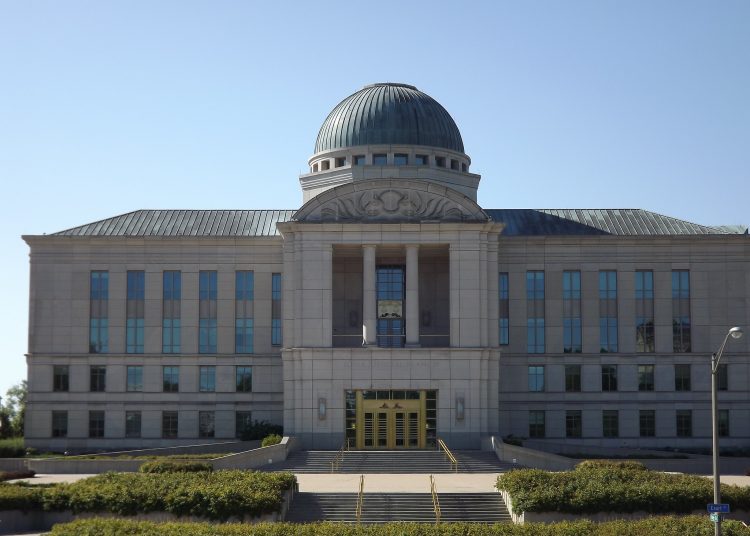DES MOINES, Iowa – The Iowa Supreme Court announced that it anticipates extending the state’s redistricting process past September 15, 2021, if the Iowa Legislature cannot meet that deadline.
In February, the U.S. Census Bureau announced that it would delay releasing the 2020 census data to states until September 30, 2021, raising constitutional questions in Iowa, leading to the decennial reapportionment process for Iowa’s congressional, state senator, and state representative districts.
Iowa has a non-partisan redistricting process. The Legislative Services Agency (LSA) develops a redistricting plan due by April 1. Still, that deadline is extended by the number of days after February 15 that the census data is not released. When LSA releases the first redistricting plan, the Temporary Redistricting Advisory Commission holds three public hearings in different parts of the state. The legislature can only make corrective amendments.
Suppose the Iowa Legislature approves the first plan and the governor signs (the governor can only veto for reasons that are not in conflict with redistricting standards provided in the Iowa Code). In that case, the process is over unless an application for review is filed with the Iowa Supreme Court by any qualified voter. If not, LSA will submit a second plan prepared, following the reasons the first plan was disapproved, within 35 days of the first plan being disapproved, and the process is the same except no public hearings are held.
If the second plan is disapproved, LSA has 35 days to submit a third plan. The legislature has to vote no later than seven days after it is submitted. The legislature can amend the third plan, in the same manner they would any other bill.
The Iowa Constitution states in Article III, Sec. 35 reads, “The General Assembly shall complete the apportionment prior to September 1 of the year so required. If the apportionment fails to become law prior to September 15 of such year, the Supreme Court shall cause the state to be apportioned into Senatorial and Representative Districts to comply with the requirements of the Constitution prior to December 31 of such year.”
The U.S. Census Bureau’s delay is 15 days beyond the Iowa Constitution’s deadline so that the Iowa Supreme Court will have the responsibility to “cause the state to be apportioned into Senatorial and Representatives Districts.”
It is unusual for the Iowa Supreme Court, or any court, to comment on matters that may come before it publicly, but they decided to comment due to the public concern about who would ultimately determine what the reapportionment looks like. They also noted some other state supreme courts have issued orders related to the U.S. Census delay.
“If the general assembly is not able to meet the constitutional deadline, the supreme court tentatively plans to meet its constitutional responsibility by implementing a process which permits, to the extent possible, the redistricting framework presently set forth in Iowa Code chapter 42 to proceed after September 15. Under such a process, the supreme court would ’cause the state to be apportioned into senatorial and representative districts to comply with the requirements of the constitution prior to December 31,'” the Iowa Supreme Court announced.
The statement, they warn, is not legally binding, but it does indicate that the Iowa Supreme Court plans to implement a process, likely with an abbreviated timetable, that follows Iowa’s current law leaving the decision to the Iowa Legislature. The Iowa Legislature will need to convene for a special session in the fall.
Iowa Senate Majority Leader Jack Whitver, R-Ankeny, agreed with the court’s statement.
“The U.S. Constitution, the Iowa Constitution, and Iowa law all place the responsibility for the redistricting process in the hands of the Iowa Legislature. I share the court’s desire to retain Iowa’s current redistricting process and the Iowa Legislature’s role, despite the pointless and legally dubious delays from the Biden Administration,” he said.
















